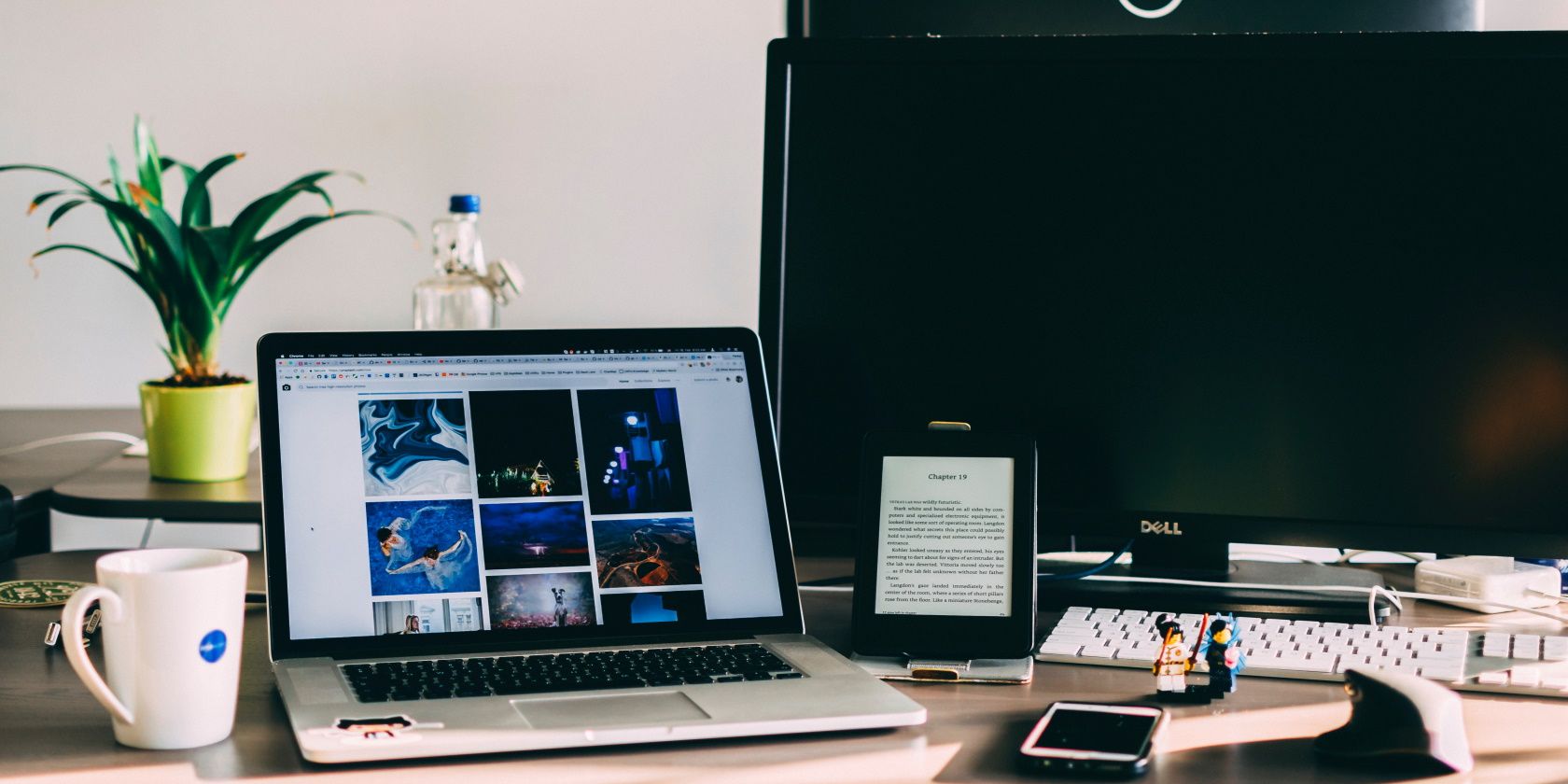Laptops vs. Tablets vs. Desktops
If your job doesn’t require intense processing power, you might be tempted to do everything from a laptop or even a tablet. These small computers offer a lot of benefits, but they are not the best choice for everyone.
Let’s take a look at laptops, desktops, and tablets and rate how well each one performs in a home office.
What is a good work computer?
The ideal computer for home work meets three criteria.
-
It must be ergonomic because you spend a lot of time in it.
-
It should also be portable, unless you have a dedicated office space in your home.
-
It should have sufficient storage and processing capacity to meet your software needs.
Ergonomics
To stay healthy, be sure to stretch and take breaks. But it’s also good to make sure that the time you spend working out doesn’t hurt your joints. Again, your home office setup, especially the computer, has a huge impact on this.
Laptops and tablets force you to look down, which can end up hurting your neck and shoulders. You can tone that down a bit by using an external keyboard. But you will not be able to adjust the height of the monitor very easily.
On the other hand, you can set up a desktop monitor at eye level, so that you can view it with your neck and back straight. With the right desk, you can also position the keyboard where it needs to be: at your elbows.
The best computer for ergonomics
Desktop computers come out on top in this category. They take up more room, but cramming everything into a smaller area can really wreak havoc on your neck.
Portability
If you don’t have enough space in your home for a dedicated workplace, then a laptop is a great asset. It opens up the possibility of working in cafes or other outdoor spaces, making it easier to give up work at work.
Tablets are a bit more portable than laptops because they weigh less. However, you can easily find carrying cases for tablets and laptops. If you’re driving to your workplace, the extra weight of a laptop might not be a big deal. If you walk, however, a tablet will be much better for your commute.
With a desktop computer, you are forced to work wherever the computer is located. This is especially problematic if you are working from your bedroom, kitchen, or other space that cannot be reserved for work. This means that you face more distractions and interruptions, and that it is more difficult to enter “work mode”.
The best computer for portability
You can’t beat the portability of tablets. Even the largest tablet is easier to move than the lightest laptop. Laptops are still very portable, however. So if you need something beefier than a tablet, but just as mobile, laptops are a good choice.
Material specs
The specifications you should look for in a work computer will depend on your job. You will need a machine that can support all the tools you need for your job, so check the hardware requirements of your regularly used software.
If you need to store a lot of data, such as photos or video files, you should also check the storage capacity.
If you need heavy software or bulky bulky accessories to get your job done, then a desktop computer is an obvious choice. This is because it can support upgrades of critical components, for example your processor, RAM and graphics card.
Many desktops can also easily expand their storage with external hard drives. Some even include a “hot swap” port for quick access.
Laptops and tablets can supplement their more limited storage space with cloud storage. However, free cloud storage usually has a limit. Plus, it doesn’t help the processing power of heavy-duty programs like graphics editors.
The best machine for specifications
Desktop computers win this category by a narrow margin. Most inexpensive desktops can handle much heavier software than the average laptop. When you consider that they can also be easily upgraded, the choice is clear. If your job requires heavy specifications, go for a desktop computer.
Some gaming laptops rank close behind. But they will still have a hard time running heavy software for long periods of time. They may also find it difficult to run multiple intensive programs at the same time.
The best type of work-at-home computer
All three types of computers can be efficient working machines, and choosing the right one for your needs can make your job easier in the long run. If you need to use software that will put stress on your processor, desktop computers are the best choice. They are also easier to integrate into an ergonomic and productive workspace.
If your job doesn’t require intensive software, you can probably get by with a laptop.
Image Credit: Pankaj Patel /Unsplash
Read more
About the Author

